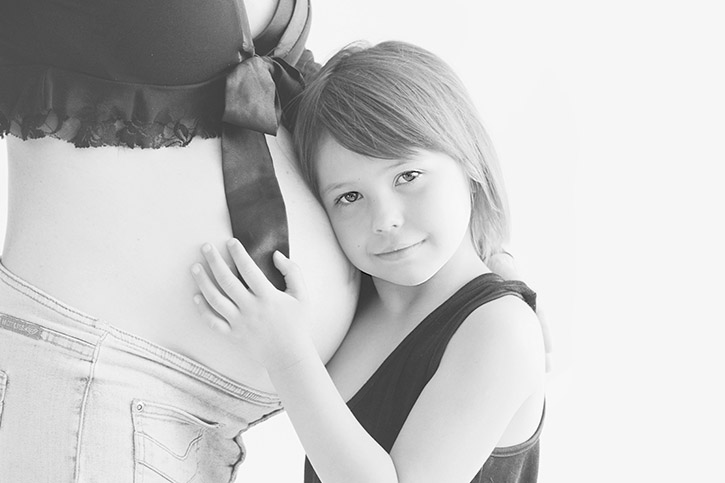During pregnancy, it’s possible to develop a condition known as anaemia. This is when the body doesn’t carry enough red blood cells which are used to help oxygen reach vital organs. An iron deficiency will most commonly be the cause of anaemia during your pregnancy.
Any pregnant women can be affected by anaemia. While generally easy to treat, it is always important to discuss concerns with your doctor. Here is what you need to know about anaemia during pregnancy.
Mild anaemia is not uncommon during pregnancy and can often be managed with the help of your doctor. If left untreated, anaemia can become severe and lead to birth complications.
What Is Anaemia?
Anaemia is a condition where there is a deficiency of red blood cells or hemoglobin in the blood. This leads to not enough oxygen reaching the brain, muscles and other important organs, resulting in fatigue. It can also impair your ability to get oxygen to your baby, so it is worth taking seriously.
Anaemia is not uncommon in young women, and especially those of child-bearing age. The most common reasons for developing anaemia during pregnancy are an iron deficiency, a folate deficiency or vitamin B12 deficiency.
What Causes Anaemia?
Pregnant women are more likely to be diagnosed with anaemia. This is because women’s bodies produce more blood during pregnancy. This process requires the body to use more iron, vitamin B12 and folate.
As iron does not absorb easily, many women will develop some level of anaemia during pregnancy unless they take supplements or keep their diet in check. Other factors aside from pregnancy which can increase your risk are:
• Heavy periods
• Low levels of iron and essential minerals in your diet (Vegan and Vegetarian diets are particularly at risk here)
• Vomiting frequently due to morning sickness
• A short amount of time between pregnancies
• Being younger than 20 during pregnancy
• Being on medication which alters how your body absorbs iron
Signs of Anaemia During Pregnancy
Tiredness or fatigue is the most common sign of anaemia, but many women experience no symptoms at all. As lots of women already feel fatigue during pregnancy, the condition can be hard to detect. Further signs of anaemia are:
• Shortness of breath
• Craving ice to chew
• Dizziness
• Accelerated heartbeat
• Headaches
• Pale skin, lips and nails
• Trouble concentrating
• Restless legs or leg cramps
• Cracked skin around the mouth
What Are the Risks of Anaemia During Pregnancy?
Severe anaemia can increase the risk of complications during pregnancy. Left untreated, anaemia can lead to:
• A low birth weight of your baby
• An increased risk of your baby developing anaemia
• Need for blood transfusion during delivery due to post-partum haemorrhage
• Postpartum depression
How to Avoid Anaemia During Pregnancy
The most effective way to limit your risk of developing anaemia during pregnancy relates to your diet and vitamin intake. Ways to avoid anaemia during pregnancy are by:
• Maintaining a healthy lifestyle
• Eat foods rich in iron (such as meats, breads, cereals, mushrooms and spinach)
• Eat foods rich in vitamin B12 (such as meats, fish and dairy products)
• Eat foods rich in folate (such as leafy greens, beans, broccoli, beef and brussels sprouts)
• Reduce intake of foods that limit iron absorption (such as dairy products, soy, coffee and tea)
• Taking vitamins and supplements at the advice of your doctor
If you have any questions or concerns about anaemia, please don’t hesitate to get in touch.
Dr Bevan Brown is one of the most trusted gynaecologists and obstetricians in Sydney. Personalised care and strong relationships with our patients is of utmost importance!
